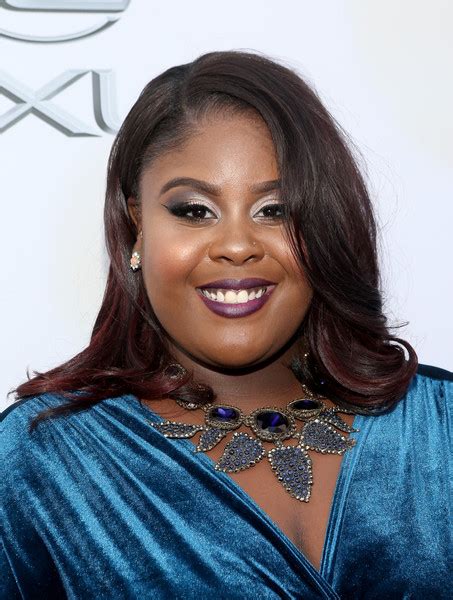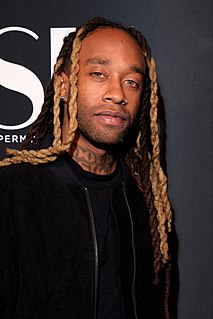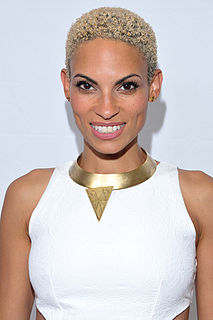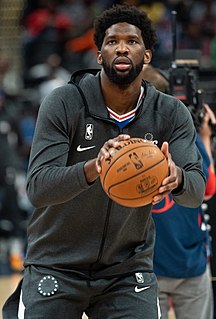A Quote by Paul Weller
The only time I ever really got into rap was back in the early '90s, and bands like A Tribe Called Quest, De La Soul, Gang Starr. Musically, they were really interesting. But when hip-hop acts start sampling Sting or Phil Collins, then I just don't get it at all.
Related Quotes
In this time, we incorporate money and media, and it's split up like apartheid, where when you say "hip-hop," you think just rap records. People might have forgot about all the other elements in hip-hop. Now we're back out there again, trying to get people back to the fifth element, the knowledge. To know to respect the whole culture, especially to you radio stations that claim to be hip-hop and you're not, because if you was a hip-hop radio station, why do you just play one aspect of hip-hop and rap, which is gangsta rap?
I've got all of the old school vinyls from the '70s - even further back, like the jazz music in the '40s, '50s, '60s. Then I've got all the '80s stuff underground, hip-hop when hip-hop really first started. The '90s stuff. All of the good stuff, because I'm really into music, and it helps me create new songs now.
In the very beginning, I kind of had this hip-hop, cut-and-paste approach to music. The first record, especially, was from looking at people like DJ Shadow and A Tribe Called Quest, and I think a phase that a lot of people go through when they start sampling is to go out and stamp on twigs and try to record that kind of stuff.
The hip-hop that I really connected with was Public Enemy, KRS-One, Ice Cube, and N.W.A. That late '80s and early '90s era. The beginning of gangster rap and the beginning of politically conscious rap. I had a very immature, adolescent feeling of, "Wow, I can really connect with these people through the stories they're telling in this music."

































